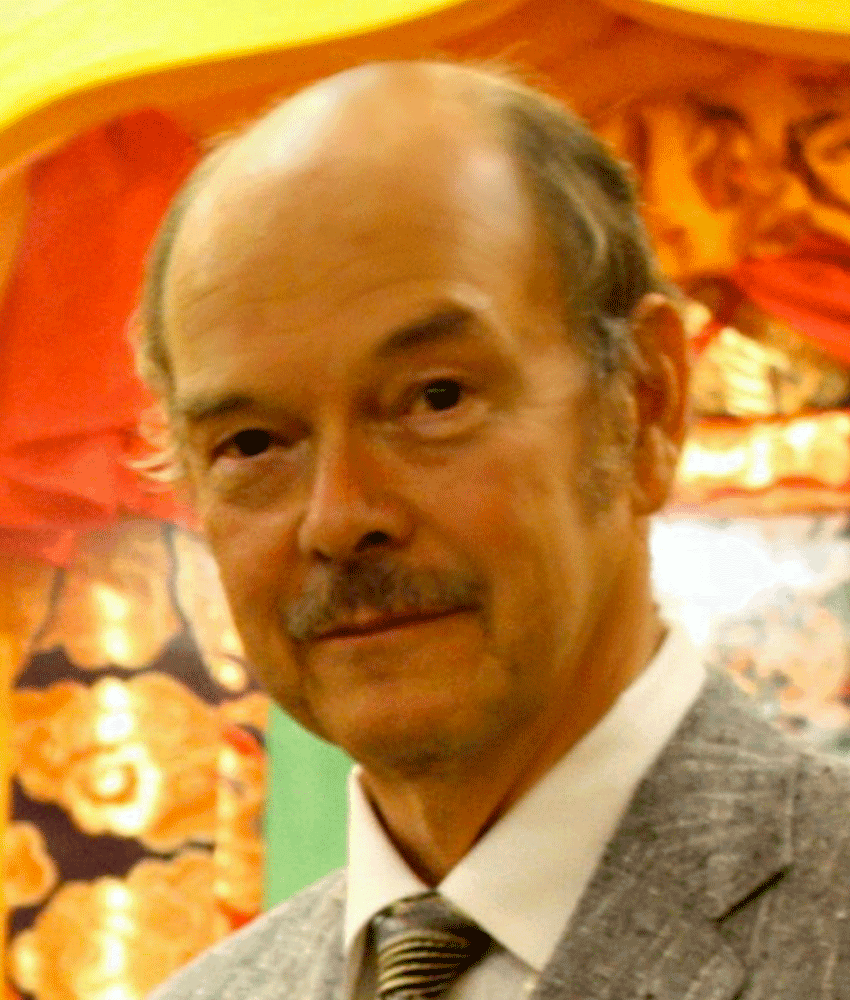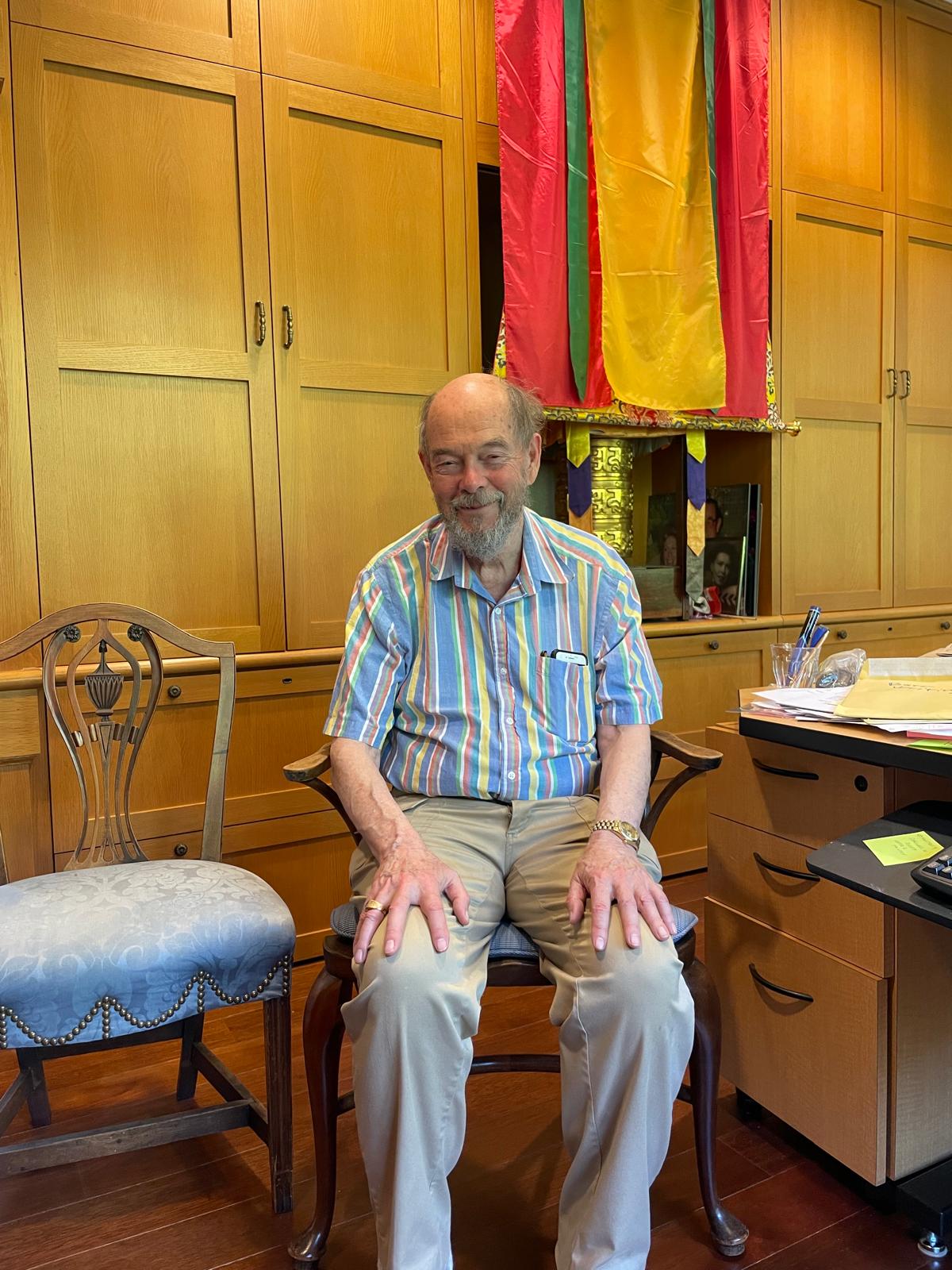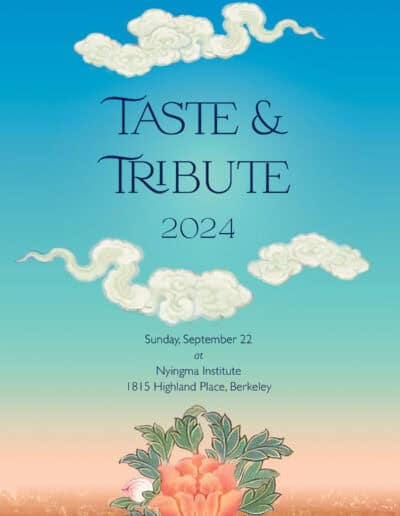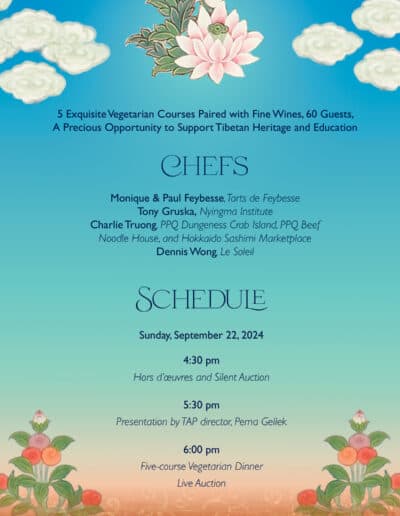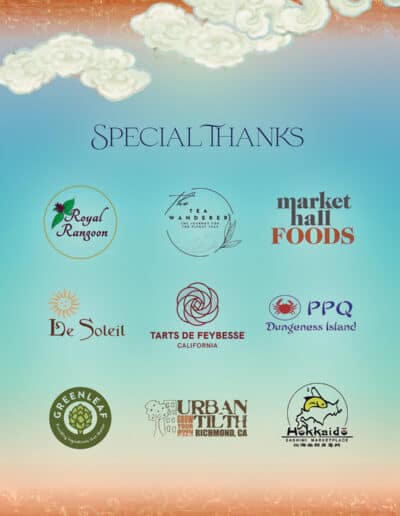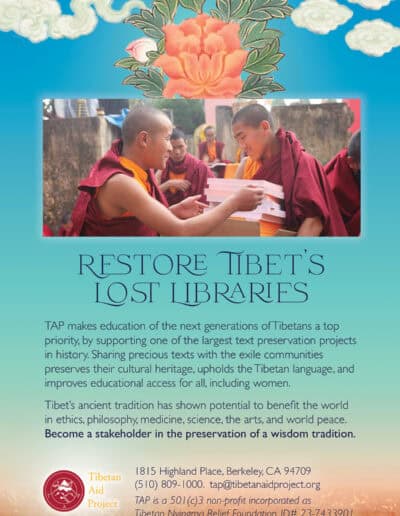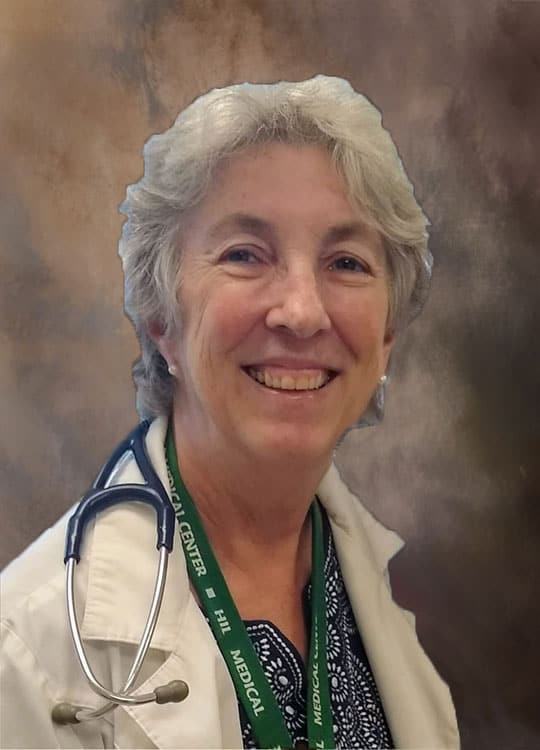Fall 2025 Community Practice
Fall 2025 Community Practice
Medicine Buddha Prayers for Healing
An Afternoon of Community Practice and Prayer
We warmly invite you to a special afternoon of healing and reflection through the practice of the Medicine Buddha, guided by Nyingma Institute deans Lama Palzang and Pema Gellek. Together, we will engage in traditional Tibetan prayers, the recitation of the Medicine Buddha mantra, and periods of silent sitting.
The Medicine Buddha, Bhaiṣajyaguru, is the embodiment of the healing qualities of all the Buddhas, revealing the power of wisdom and compassion that resides within all beings. His presence brings relief from suffering, restores balance and well-being, and reminds us of the innate wholeness and luminous clarity at the heart of our being. Through prayer and mantra, we invoke the power of deep aspiration to dispel the causes of illness and confusion, and to bring about healing at the most subtle levels, for ourselves, for others, and for all sentient beings.
You are welcome to bring the names or photos of loved ones in need of healing, whether for physical, emotional, or spiritual well-being, or those who have passed on, to be included in the circle of prayers. We will dedicate the merit of our practice to them.
Through this practice, we gently cultivate the capacity for purification and renewal, helping to dissolve obscurations and release the patterns that bind us. Opening to the healing light of the Medicine Buddha, we may come to recognize it as the radiance of our own awakened nature, shining forth for the benefit of all beings.
When: Saturday, October 4, 2025 from 2 – 5 pm
Where: Padmakara Garden (or New House Meditation Room, depending on weather conditions)
Schedule:
- 2:00 – 3:30 pm / Group practice
- 3:30- 3:40 pm / Brief break
- 3:40 – 4:45 pm / Group practice
- 4:45 pm / Tea and snacks
Mantra Accumulation
We warmly encourage students to begin accumulating Medicine Buddha mantras in advance. Please send your total mantra count by Friday, October 3, the day before the event, to . This is an excellent way to begin gathering your attention and intention.
Practice Group
For those interested, Pauline Yu will be facilitating a weekly Medicine Buddha Practice Group in September leading up to this event on October 4. You are invited to attend the practice group as a way to strengthen your practice. Sessions will consist of guided visualization, mantra, and silent sitting.

